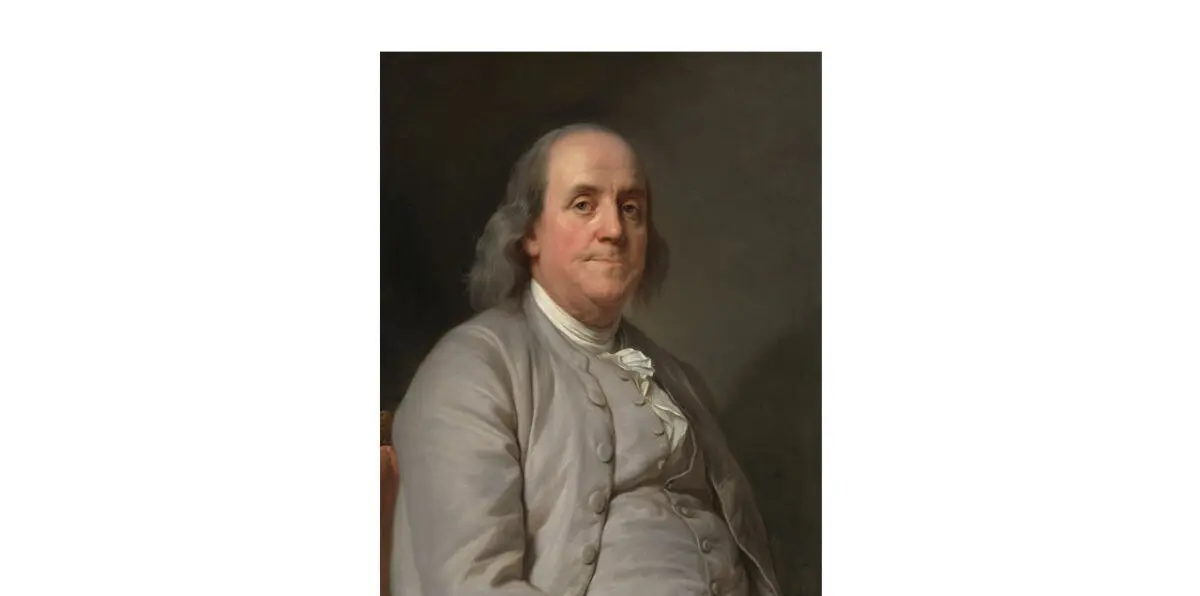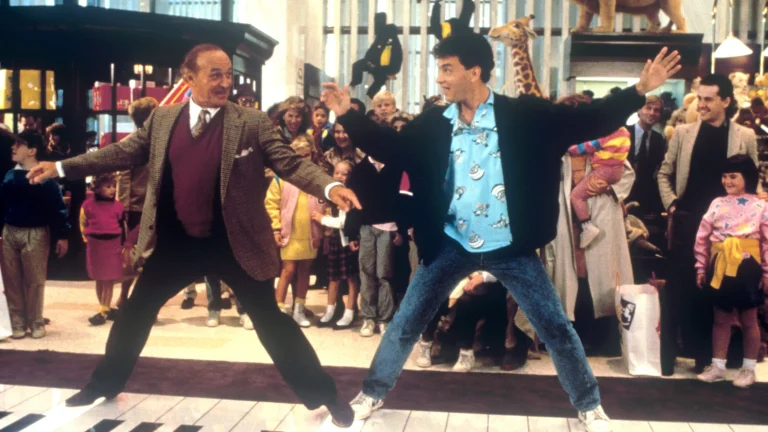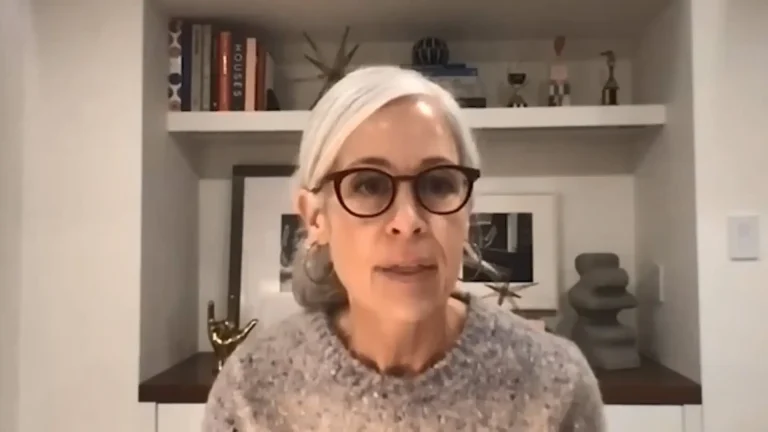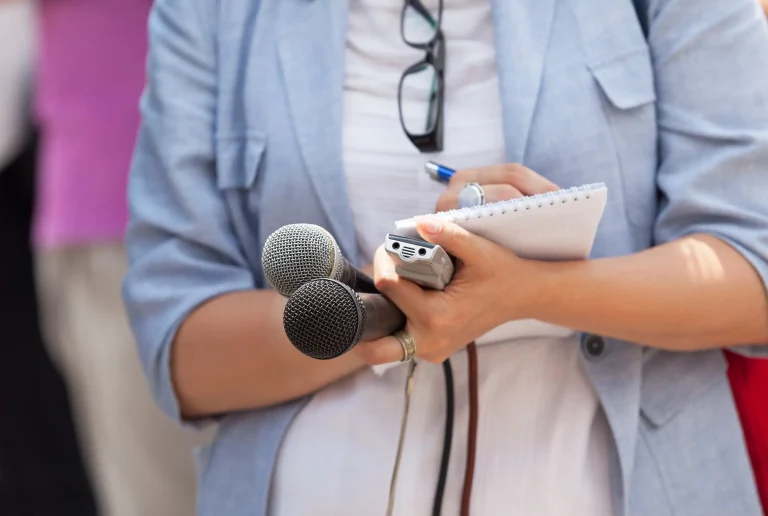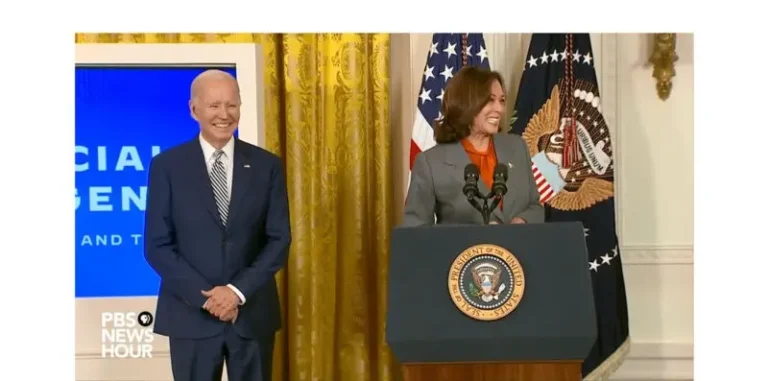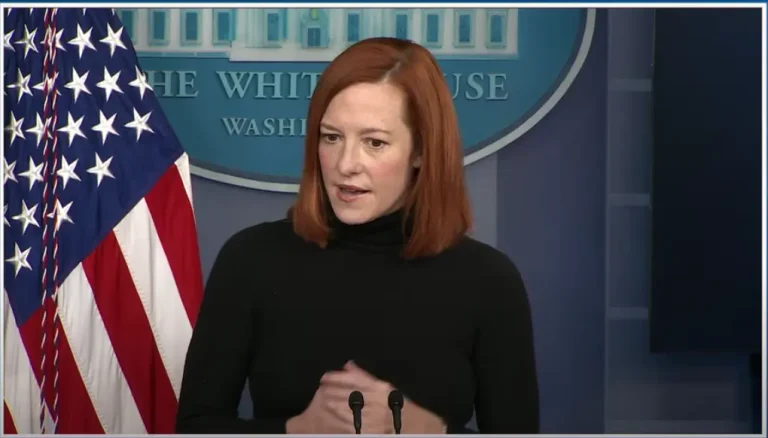Want Better PR? Do a Favor for a Reporter
Your help won’t be repaid, but you’ll improve your pitching.
When I was a reporter with the Chicago Tribune and Crain’s Chicago Business, I sometimes used a voicemail greeting with this ending: “Don’t forget to ask me about a free plug. I don’t give any free plugs, but I get a laugh every time somebody asks.”
I stole the line from a late Chicago comedian who called himself the “Sears Tower of Magic” and offered free shows in his own greeting.

The journalism ethical rule prohibiting favors probably took a big step forward in 1896, when Adolph Ochs bought a New York newspaper out of bankruptcy, vowing to deliver the news “without fear or favor.”
The dysfunctional relationship between public relations people and reporters has never been in greater need of counseling. There are many reasons for this on both sides of the divide. On the PR side, doing favors is one way to close the gap and will make your pitching more successful, although not for reasons you may think.
All about Benjamin
What psychologists call the Ben Franklin effect is named after a story in “Autobiography of Benjamin Franklin.” He was reappointed in 1737 to a second term as clerk of the Pennsylvania General Assembly, a lucrative position, despite the opposition of a new legislator. Here’s how the Founding Father tells the story:
I therefore did not like the opposition of this new member, who was a gentleman of fortune and education, with talents that were likely to give him, in time, great influence in the House, which, indeed, afterwards happened.
I did not, however, aim at gaining his favour by paying any servile respect to him, but, after some time, took this other method. Having heard that he had in his library a certain very scarce and curious book, I wrote a note to him, expressing my desire of perusing that book, and requesting he would do me the favour of lending it to me for a few days.
He sent it immediately, and I return’d it in about a week with another note, expressing strongly my sense of the favour. When we next met in the House, he spoke to me (which he had never done before), and with great civility; and he ever after manifested a readiness to serve me on all occasions, so that we became great friends, and our friendship continued to his death.
This is another instance of the truth of an old maxim I had learned, which says, “He that has once done you a kindness will be more ready to do you another, than he whom you yourself have obliged.” And it shows how much more profitable it is prudently to remove, than to resent, return, and continue inimical proceedings.
(The italics are in the 1916 version, so you don’t miss the point.)
The lesson
That’s the Ben Franklin effect, according to psychologists. If you do a favor for a person about whom you have negative feelings, you may come to like the person to justify to yourself why you did the favor, according to effectiviology.com, which focuses on practical applications of psychology and philosophy.
Put another way: We believe we don’t do favors for people we don’t like. When we do, we resolve that internal conflict by changing our opinion. Some PR people don’t like talking to reporters, seeing them as driven by an agenda and susceptible to making mistakes. I know what that dislike feels like.
Here’s the problem: Reporters don’t give favors and hate it when PR people ask. The solution may be what I call the reverse Ben Franklin effect: Doing favors unasked may change our opinions of reporters who we think are biased and sloppy.
Sounds far-fetched? Doing favors for reporters is one of the age-old practices of the art of public relations, usually practiced by people who like dealing with reporters.
We may hope that doing something for reporters will make them feel obligated to do something for us in return. Respond to an email; return a phone call; give a story pitch an extra look. That expectation is likely to end in disappointment. Helping a reporter is usually an example of unrequited love.
Better journalism
Helping to contribute to better journalism isn’t enough of a reward for most PR people, who are harried by demanding clients with inflated expectations, whether internal business partners or agency customers.
Yet helping reporters will build relationships bit by bit: Suggest a story, pass along an interesting fact, identify an expert they can use, recommend a dataset.
Over time, you’ll gain insights into a reporter’s wants, needs and problems. This knowledge will help you make better choices of the stories to pitch and let you hone the pitches you make.
Help given with even a hint of an expectation of a return will only fuel reporters’ cynicism. But help without strings will build some trust, an overlooked skill of communicators.
Choose your reporters carefully, move slowly and don’t drop your guard. As Franklin once wrote in “Poor Richard’s Almanack,” “Distrust and caution are the parents of security.”
Tom Corfman is a senior consultant with Ragan Consulting Group, where he sometimes does family counseling for reporters and PR people. Before joining RCG in 2021, he was director of communications for the Cook County Treasurer’s Office for five years. He was a reporter and editor for Crain’s Chicago Business and the Chicago Tribune for more than 25 years.
Contact our client team to learn more about how we can help you with your communications. Follow RCG on LinkedIn and subscribe to our weekly newsletter here.

